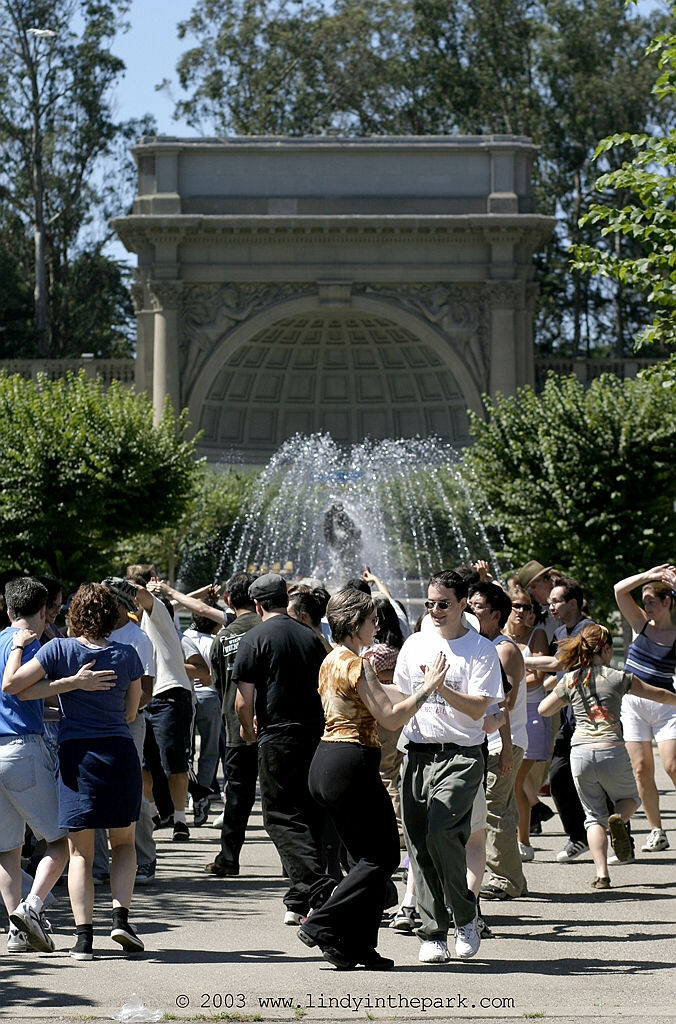Swingin' in the Light in Dark times
- Chad Kubo
- Nov 21, 2020
- 2 min read
(Japanese-Americans Internment during World War II).

My Dad loved Big Band music and one day, when I was young, he showed me his collection of 78 rpm records. I asked him why he liked the music, “I discovered the love of Big Bands in the internment camp.” He had never talked about his experiences there before. My Dad was a Nisei, a second-generation Japanese-American (I am a third-generation Sansei).
After the Japanese attack on Pearl Harbor in 1941, the United States Government forcibly “relocated” and incarcerated about 117,000 people of Japanese ancestry, most of whom lived on the Pacific coast, and the majority of whom were American citizens. These “Internment”, “Relocation”, (concentration) camps were located in the western interior of the U.S.
His family lived in Tacoma, Washington and had only days to gather what they could carry. They were then put on trains to Tule Lake, California, and later to Heart Mountain, Wyoming – areas in the middle of nowhere. There they were met with tarpaper-covered barracks of simple frame construction without plumbing or cooking facilities of any kind.
To create some semblance of normalcy in these harsh conditions, my Dad recalled, “the Japanese-American community pulled their talents together to make life better during the uncertainty of their time there.” My grandfather was a chef, but in the camps there were carpenters, farmers, business owners, artists, musicians, photographers, dancers, nurses, doctors etc.
They created schools, gardens, baseball teams, clubs, and organized activities. They cooked and even had dances. “Dances?” I asked. My Dad then told me a story of camp musicians creating a big band. They were so good that they were allowed to go outside of camp to perform at dances and other social functions since the locals had no access to big band music in their isolated communities.
That is where he found his passion for Big Bands and swing music. Not only did he love the music, he learned how to swing dance. After his camp experience, he joined the American Army and played in a band, where he met my mother while swing dancing. He even showed me the basic dance steps – what he called Swing or Jitterbug steps.
In camp he had discovered a joy and passion for life, all within the unjust, humiliating confines of barbwire, guard towers, searchlights and armed military guards.
Who would guess that I would discover–many years later– that same passion for swing music and dance by finding Frankie Manning and Lindy Hop!
Late in life, my Dad was diagnosed with Parkinson’s Disease, which slowly robbed him of his physical body. In an effort to help him with his mental challenges and pain, I recorded music for him from all the Big Bands I had collected throughout the years of dancing Lindy Hop. My Mom told me after his passing that he cherished those recording and played them often. Even though he could no longer dance, the music became his spiritual healing. That was my precious eternal gift to him and his legacy. I love you Dad!
– Chad Kubo




Comments